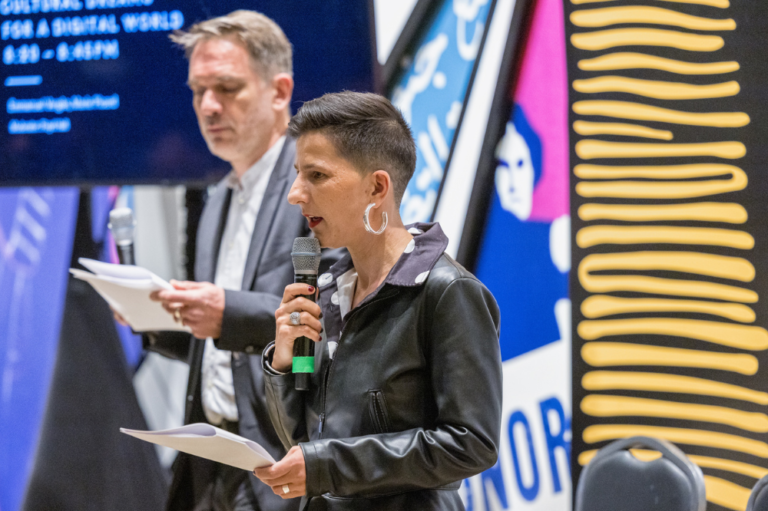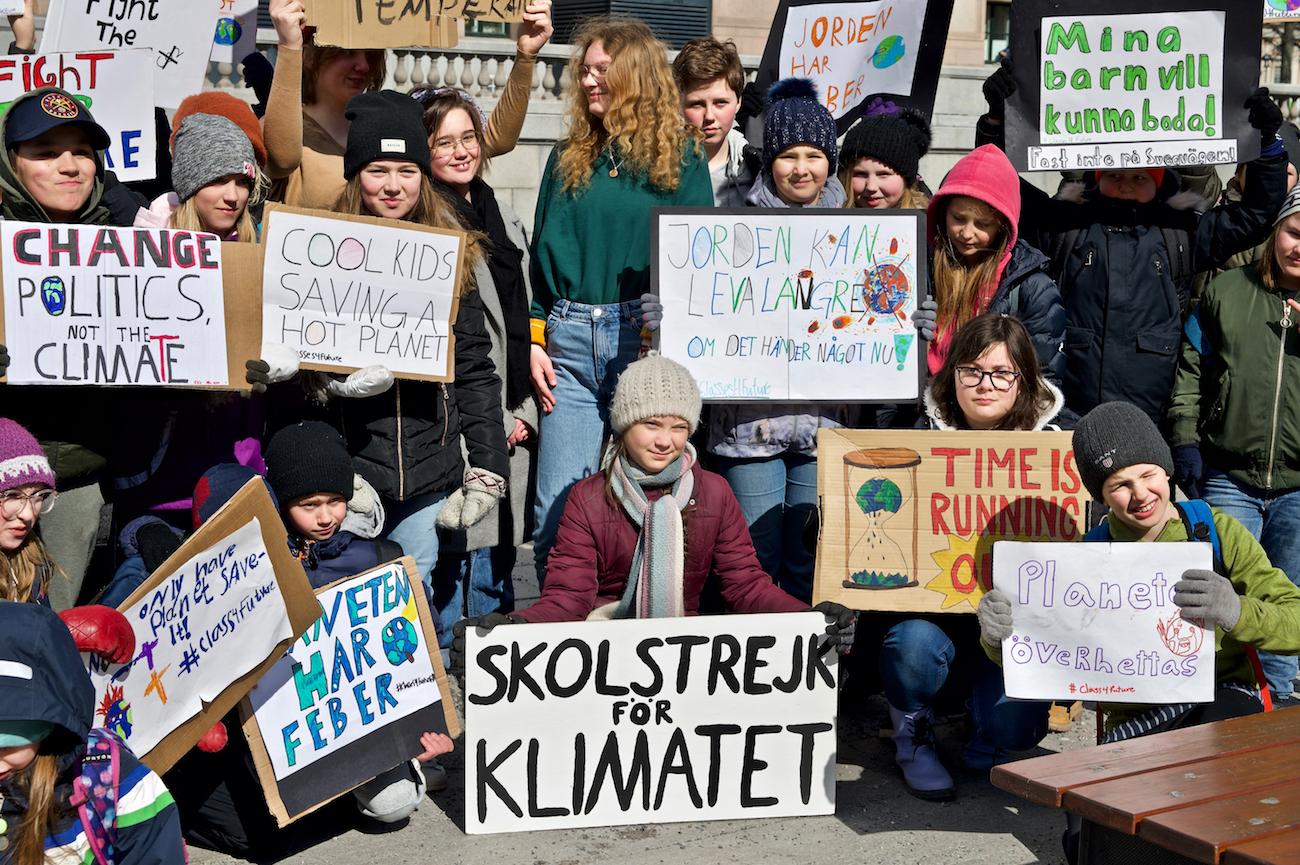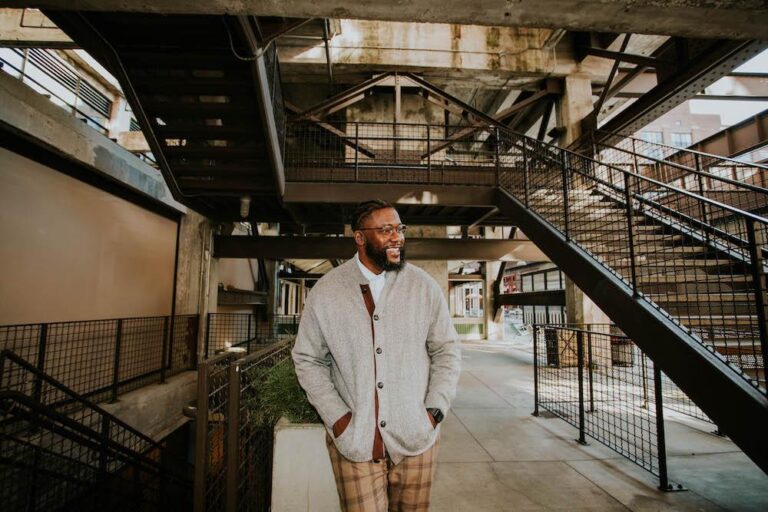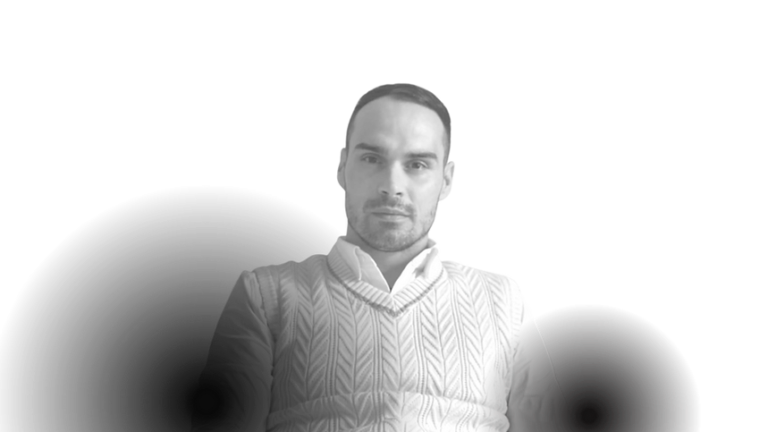
Where Are We Going? Towards (Re)Building Together

By Yann Perreau
To ask “Where are we going?” in a world marked by pandemic, climate catastrophe and war, is to ask what we want to (re)build together. This term, together, is fundamental, and is at the heart of new social and political movements that have emerged in the United States and Europe.
As this year’s Night of Ideas is focused on the concept of “(re)building together,” I shall begin with what I believe has been destroyed, based on my own personal experience. For our American friends reading this, I would like to take this opportunity to talk about the meaning of Europe, now that France has taken over the European Union Council presidency. As a 44 year-old French citizen, I am a member of the generation that witnessed the transformation of the European Economic Community (EEC) into the European Union (EU) as we know it today. My childhood and teenage years were punctuated by what I experienced as highly dramatic events, when new countries joined the great political and economic partnership, gradually increasing the number of members from nine to ten, twelve, fifteen and, eventually, twenty-seven.
One memory that particularly stands out is when Spain and Portugal joined the union in 1986. I was nine at the time, and I dreamed of heading south to meet my new compatriots. I imagined valleys full of citrus fruits—a clichéd image inspired by the mascot of the 1982 World Cup, which was played in Spain. The grinning orange-man, “Naranjito,” was engraved in my memory. He also featured on the Panini football stickers plastered all over my brothers’ bedroom walls. Then there was the fall of the Berlin wall in 1989, an extraordinary event followed by the sudden opening of the Soviet bloc (i.e. the previously impenetrable eastern part of the continent). My older brother set out for Germany to see for himself, and came back to Paris with a piece of concrete wall barely fifteen centimeters long, with a bit of graffiti still visible on its surface—a miniature ruin, a sort of talisman for building our future in a finally reunited Europe. Then came the Maastricht referendum in 1992, which I think was the major event of my generation’s political coming-of-age. A “yes, barely” with 51% of French voters in favor, but a massive “yes” from young people, who turned out in force to show their political support for the European project.
I remember the switch to the Euro—the single currency that replaced our French Francs—and borders suddenly opening to the South, North and East of our country. With no more need for visas or customs declarations, school mates could jump on a train on the spur of the moment for a one-night round trip to Seville, Brussels or Munich, just to see what those places were like, the way we used to do with Marseille or Lille. As Victor Hugo once exclaimed, addressing the French National Assembly on March 1, 1871, “Let us be the United States of Europe!” My fascination with your vast country, a 50-state federation with no interstate visas, stems partly from that.
Things have come full circle today and the word now on everyone’s lips is “exit”—as in Brexit, Frexit, Calexit. The threat of possible destruction of the European project suddenly became a reality one evening in 2002, in the second round of the French presidential election. I was living in London at the time; I remember my disbelief when the face that appeared on the TV screen was that of Jean-Marie Le Pen, the far-right populist who wanted to take France out of the European Union. In a cruel twist of fate, it was that same country across the Channel—which had felt to me like the very heart of Europe when I lived there in my mid-20s—that would choose to leave the European Union, on January 31, 2020. Brexit “got done,” and now we’re back to square one in France with the right-wing populist’s daughter, who also wants to isolate us from the rest of the continent.
It’s always dangerous when history appears to repeat itself. It is sometimes said that there are disturbing similarities between the current situation on the “old continent” and the 1930s, that Europe has fallen prey to the same evils that precipitated the war: jingoism, populism, distrust of others, xenophobia… The problem has spread worldwide and poses a threat to almost all of the liberal democracies, beginning with the United States which is just emerging from four years of enduring the same evils, which the billionaire ex-president claimed were virtues. Since Joe Biden’s election, people here no longer talk about “(re)-building” but about “building back.” “Build Back Better” was the Democratic candidate’s campaign slogan and refers to the economic recovery plan he has implemented since he came to power. The expression refers to the past, though it’s unclear whether it means “before the pandemic” or “before Trump” (when the current president was Obama’s second-in-command). The operative word is probably “better,” which refers, as President Biden has explained on several occasions, to what he sees as the renewed possibility of a better life, greater social protection, and measures to protect the environment. “Building Back Together” is also a civic initiative that emerged in the wake of the 2020 election. As their website puts it, “Building Back Together advances the policy agenda of the Biden-Harris administration and effectively communicates the positive impacts of these critical policies to the American people. Our name is intentional: we can’t do this work alone.”
Together is the title of the latest book by Turkish author and intellectual Ece Temelkuran. “This word, an ancient word in every language,” she writes, “must have been invented to help us survive or tell stories of survival. The verbs it calls to mind (to gather, to join, to gravitate towards unity, to fit in, to come together in acceptance of differences) might seem outdated today.” But in her own country, the very possibility of “being together” grows more complex every day. Turkey has been governed for years by a despotic president whose attitude towards the people seems inspired by the “divide and rule” principle laid out in Machiavelli’s The Prince. Yet when Mustafa Kemal Atatürk oversaw the creation of the Republic of Turkey in 1923, it was a model of democracy in some respects, granting women voting rights long before the Western countries. Today, it is the country where the most journalists are imprisoned worldwide. Last year, Ece called me from Zagreb, where she now lives in exile. Over the last ten years, she has received numerous death threats on social media. She has also been accused by the government of having “orchestrated the Gezi Park protests in 2013”. A newspaper close to Erdogan even printed her seat number on a flight to Ankara, “in case someone would like to fix her for good.”
Turkey is a country I know well: I got married there and my wife was born there. Most of my friends and family have now left Istanbul, Ankara, or Izmir to live abroad. Like Ece, they could be arrested if they return to their country, just for participating in the anti-government demonstrations in Gezi Park. “The true suffering of exile is not experienced in glory,” Ece told me when we spoke on the phone last year, “but in solitude, or even in shame.” She wanted to look to the future, to understand whether we could still “act together” today to build a brighter tomorrow. Not in vague theoretical terms, but by observing some very practical situations that illustrate new ways of living and acting together. So she traveled the world, drawing inspiration from the citizens’ movements that have emerged here and there in recent years, such as Occupy Wall Street, the Arab Spring, the Global Climate Strike, Black Lives Matter, etc. Observing that “both national and international institutions have lost the last residue of their prestige,” she praises these “new forms of positive political activism,” or “antibodies” as she calls them, that help us resist the rise of populism, fake news, and anti-democratic movements. “What is true of all these political events,” she writes, “is that they happened when we came together. Consequently, ‘together’ is the only potentially dangerous word that I choose to include as a component of this new political and moral antibody.”
So the word “together is now “potentially dangerous”? In some countries, the mere fact of meeting together is repressed by law. For my latest book, I interviewed some young climate activists who were imprisoned in their own country, whether in China, Russia, or Uganda, simply for demonstrating in favor of a less polluted world. For years now, Arshak Makichyan has been holding a solitary picket every Friday in Moscow’s Pushkin Square, because it’s the only form of demonstration allowed there. On October 25, 2019, he was arrested by the police and imprisoned for two weeks. His “crime” was meeting with two of his friends, “together for once,” he told me, to demonstrate in the usual place on the occasion of the Global Climate Strike. Alone and isolated in her country of origin, where the environment is still a taboo subject, young Chinese climate activist Howey Ou was also jailed on several occasions. She eventually learned to use a VPN on her computer to escape government monitoring when connecting with the outside world, meeting online with friends from Fridays for Future who, like her, are fighting against global warming, all around the world. After years of persecution, she finally left for Europe, to join a local Occupy-style group in Switzerland.
Ece learned a lesson from the lockdown: “It is much easier to run a country when people cannot physically get together and stay together.” No more demonstrations, no more strikes, no more calls to take to the streets. Admittedly France, where I spent the last two years with my family because of the pandemic, is not Turkey or China. Although the “emergency law” voted in March 2020 to deal with the Covid-19 epidemic included several new prohibitions, and although some of my American friends saw certain measures as worthy of the Soviet Union (“You couldn’t go out if you didn’t have a special permit on you?”), I’m glad that our individual liberties are still respected on both sides of the Atlantic, in comparison with so many other countries.
In California, where I chose to settle again with my family after the pandemic, I am more than ever inspired by the mutual aid and solidarity I have encountered, time and again. Never mind all the fault-finders who’d rather to focus on the divisions in this vast country which, despite its crises and tensions, has always managed to reinvent itself! Recently, for a feature story, I went to see how as property was despoiled last century by the City of Manhattan-Beach, out of pure racism, was at last to be restored to their African-Americans descendants: thanks to joint action by an activist, family members, and councilors of all political persuasions, Bruce’s Beach would soon be returned to its rightful owners. “This case will set a precedent, and inspire other states in the country to take similar measures,” Janice Hahn, the local councilor behind the decree that enabled the procedure to go ahead (a decree approved by all the councilors, Republicans and Democrats alike, in the California State Senate and House of Representatives), explained. That restored my faith in the American Dream, a dream I thought had been well and truly forgotten after four years of Trump, but a dream I had experienced for myself and shared with so many other immigrants when I first moved here in 2007 and attended, awestruck, the election of the first African-American president of the United States, himself the son of an immigrant—the dream that inspired me to write a book in 2007.
“America always means two things,” German filmmaker Wim Wenders wrote in his 1984 essay, The American Dream. “A country, geographically, the USA, and an idea of that country which goes with it, the American Dream. No other country in the world has sold itself so much, sent its images, its SELF-image with such power into every corner of the world.” In Los Angeles, the world capital of the image industry, the dream (or Hollywood chimera) factory, one of my favorite occupations is reading the billboards when I drive around. On Sunset Blvd., near Silver Lake, one shows a bucolic park scene with people enjoying outdoor activities, a woman looking into the distance through binoculars, a cyclist riding past behind her. The billboard states, “We can do this TOGETHER.” (What is “this”, I wonder?) “Beoutdoorsafe.org”
I understand the goal of that advertising campaign—to make people more responsible towards nature, to get them to learn to go camping or hiking without polluting or starting a fire, while “observing the preventive measures.” But I can’t help feeling rather sad that “living together” today boils down to staying safe, preserving the environment, and battling against the coronavirus. Aren’t there any more positive and constructive reasons for exchanging and interacting with our fellow humans? In a sense, individual awareness is already a step in the right direction. “The young people of your generation thought about what they would do in the future,” activist Greta Thunberg said in one of her speeches, “while our generation is trying to ensure that a future is still possible.” She always begins her speeches with something I think is essential, hammering home the scientific facts, contrasting fake news with scientific data. Time and again she repeats the same thing, because she’s understood the virtues of repetition, whatever the result—even if we forget to aim for a result. “Ever tried. Ever failed,” Samuel Beckett wrote. “No matter. Try again. Fail again. Fail better.” It’s like the “re-” in “(re)build together”, the repetition in parenthesis. And Greta doesn’t stop there; she draws attention to her less well known friends, especially Arshak and Howey, at the forefront of the battle against global warming in their countries. The people who talk to each other, support each other, help each other, and try to (re)build their future together.
Yann Perreau lives between Paris and Los Angeles, he is an author, journalist, critic. He contributes to numerous publications and has published two books, “California Dreamin’, portraits à la frontière du rêve américain” (Intervalles, 2011) and “Londres en mouvements” (Autrement, 2005). He will participate in the Night of Ideas in Los Angeles on May 9, 2022.
More Villa Albertine Magazine newsletter, right in your inbox

